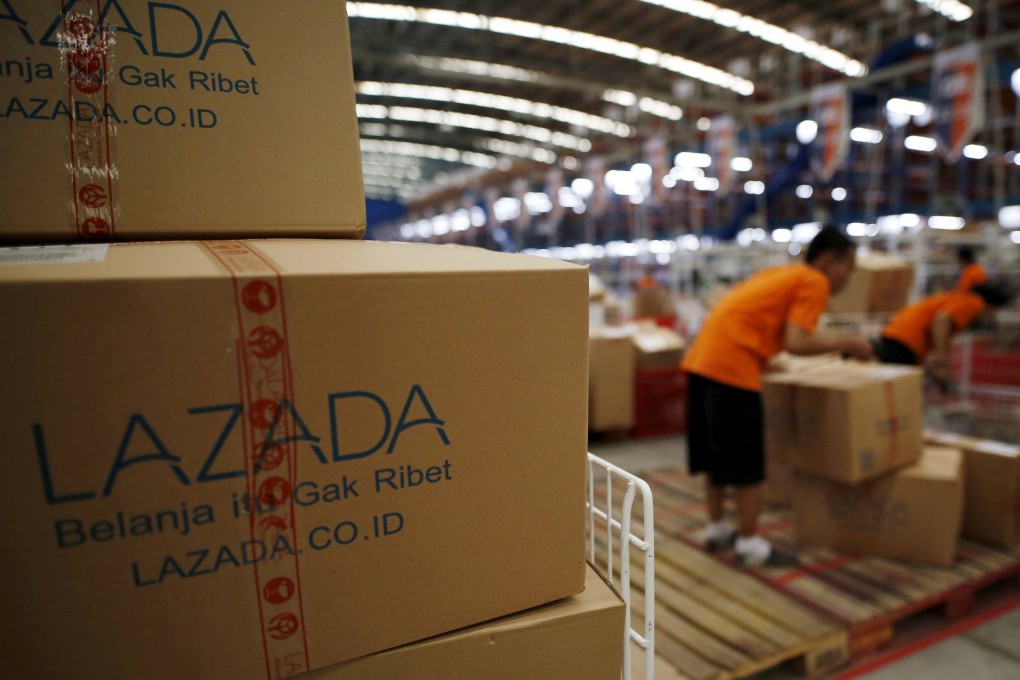Advertisement
What message does Thai army boycott of Lazada send to investors?
- The Thai army barred the delivery of goods from Lazada, and its personnel from shopping on the website, following a promotional video seen as mocking the royals
- One analyst says it is a bad sign for businesses in Thailand if volatility can arise from a video and freedom of speech can be arbitrarily interpreted
Reading Time:3 minutes
Why you can trust SCMP
2

The Thai military’s boycott of e-commerce platform Lazada is being criticised as a sign of regulatory overreach and for their ignorance of how e-commerce functions.
That reaction followed an order issued on Monday by the army barring the delivery of goods from Lazada, and its personnel from shopping on the website, following the release of a promotional video seen as mocking the royals last week.
“The marketing content was inappropriate, affected Thais emotionally and reduced the human values,” read the army statement. “No delivery from the company will be allowed in the army areas and all units will refrain from ordering goods from the company.”
The Thai air force and navy also issued similar statements barring its personnel from shopping on Lazada, the Southeast Asian e-commerce arm of Chinese tech giant the Alibaba Group, which also owns the Post.
Advertisement
The boycott came after a video posted on TikTok last week featured three online influencers, one in a traditional Thai costume and sitting in a wheelchair.
Many users on social media said it was a veiled reference to Princess Chulabhorn, the youngest daughter of late King Bhumibol Adulyadej and sister of King Maha Vajiralongkorn who in recent years has been confined to a wheelchair.
Advertisement
Lazada is the first private business operating in Thailand that faces the ban from the Thai military that has established itself as the “the protector of the throne,” said Puangchon Unchanam, author of Royal Capitalism: Wealth, Class, and Monarchy in Thailand.
Advertisement
Select Voice
Choose your listening speed
Get through articles 2x faster
1.25x
250 WPM
Slow
Average
Fast
1.25x